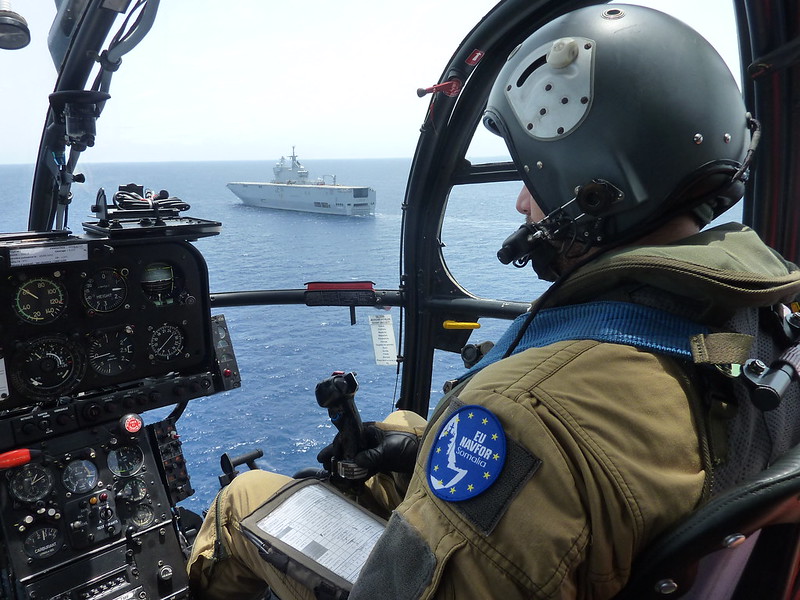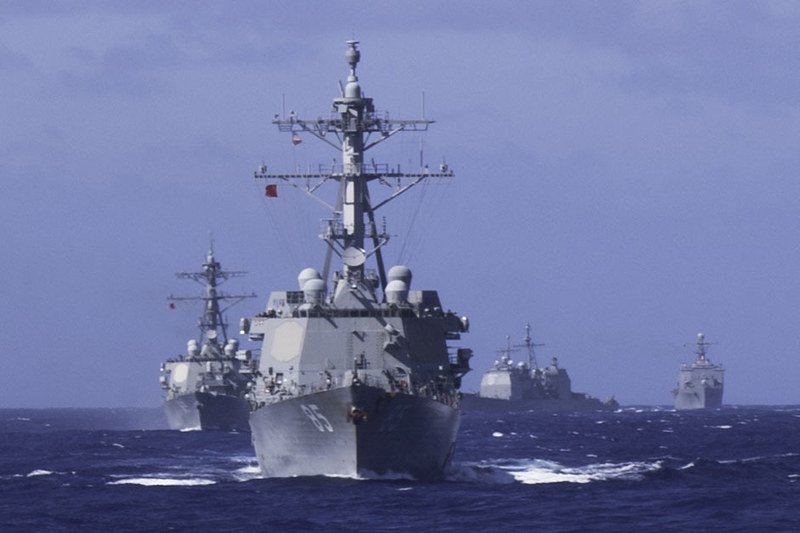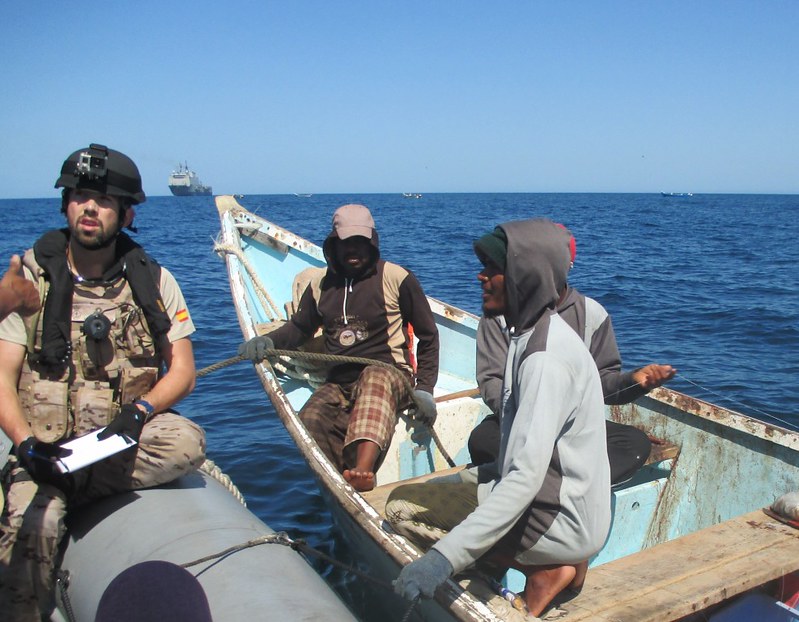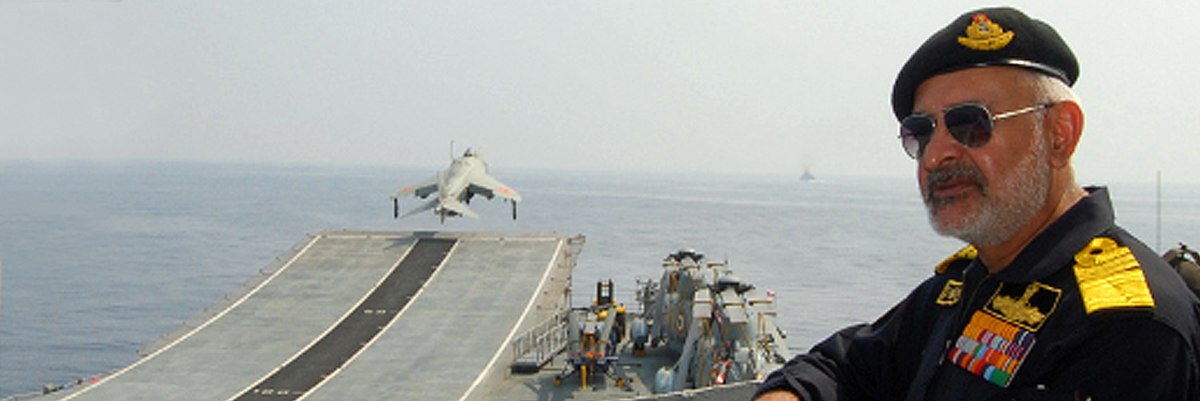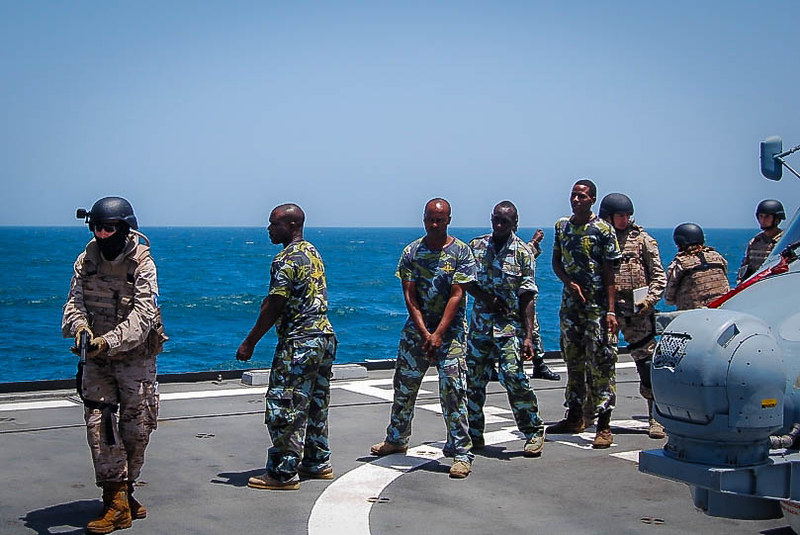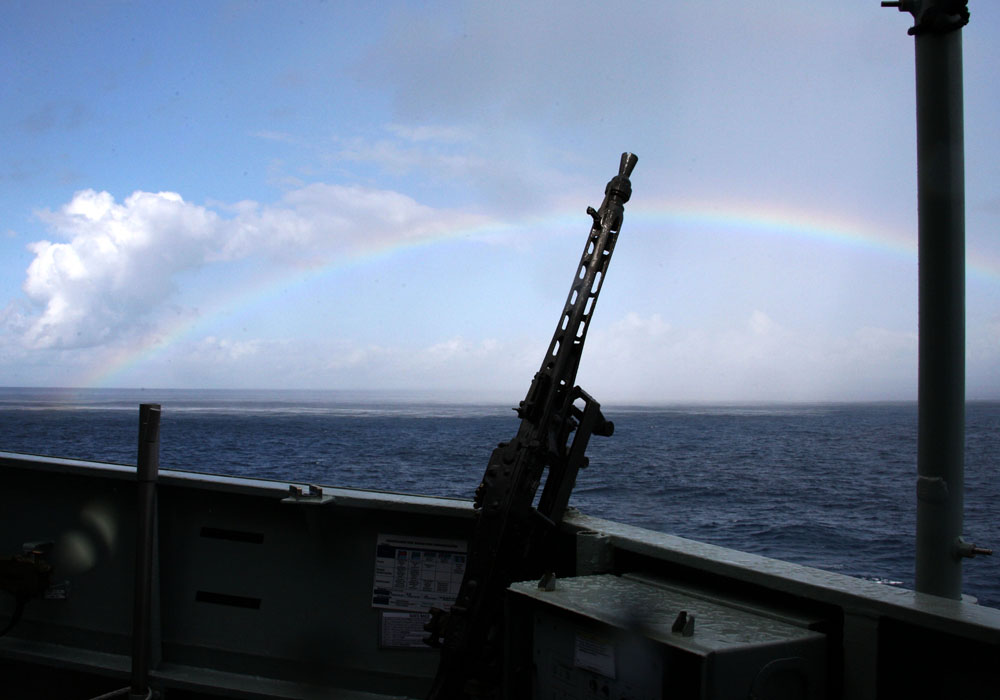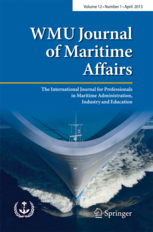Beyond Rivalry? EU–NATO Cooperation in Counter-Piracy Operations
By Simon J. Smith and Carmen Gebhard Counter-piracy operations and maritime engagement in the Gulf of Aden is a puzzling case for anyone interested in the political and institutional problems underlying the attempts by both the European Union (EU) and the North Atlantic Treaty Organization (NATO) to cooperate in security matters. Since late 2008, both … Read more

